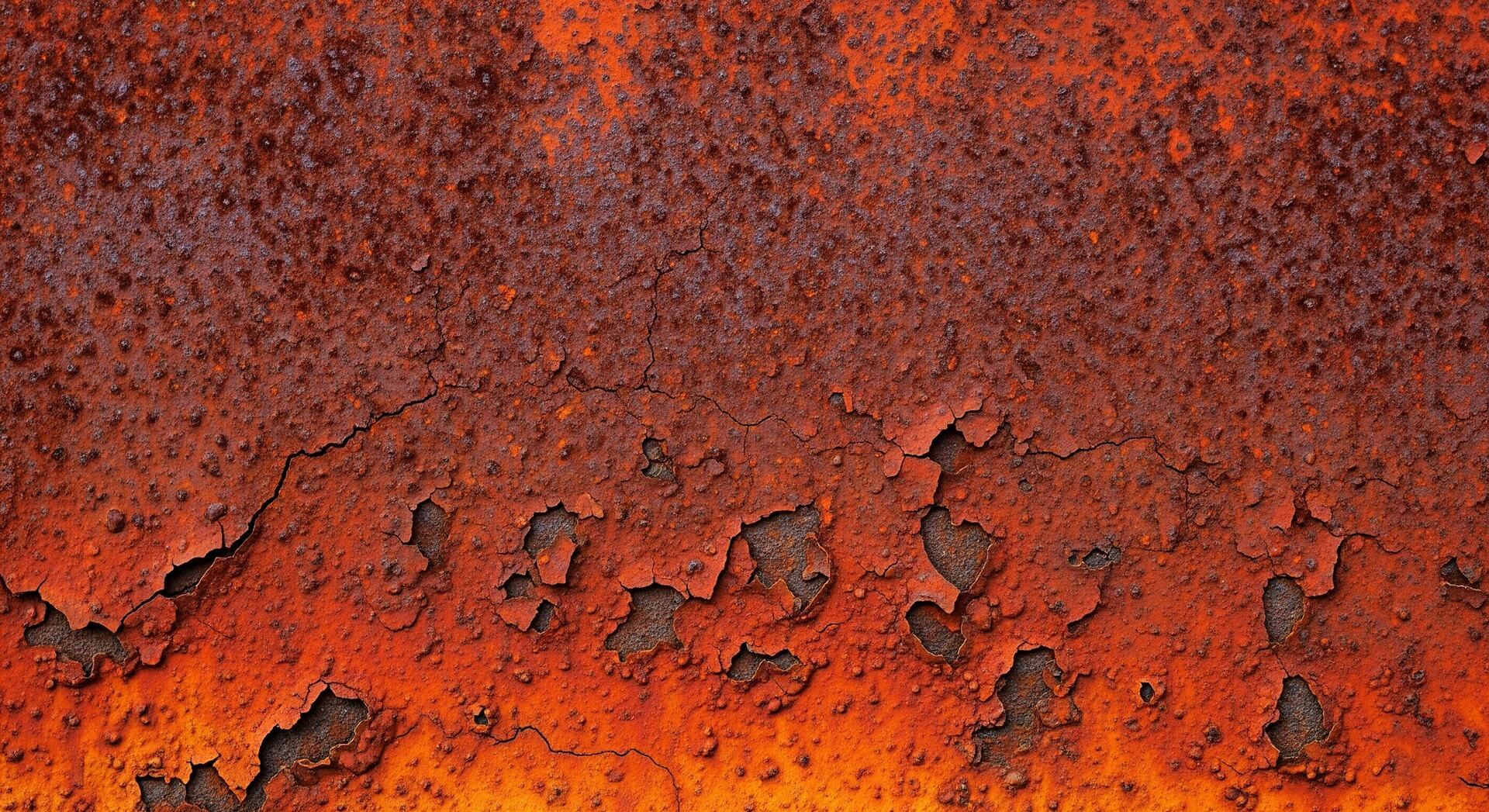
The Silent Killer: How Rust Can Destroy Your Car (and What Insurance Might Say)

by Erin Anderson
You probably don’t think much about rust — until you spot a bubble of paint peeling away or a reddish patch creeping along the bottom of your door panel. But rust doesn’t need to scream to do serious damage. It’s quiet, it’s slow, and if you ignore it long enough, it can kill your car’s value (and even your safety) before you know it.
And here’s the kicker: your insurance likely won’t cover it
So what should you do if you spot rust on your vehicle? And what does your policy actually say about this slow-moving menace? Let’s take a look.
How Rust Starts — and Why It’s Worse Than It Looks
Rust is a chemical reaction — a form of corrosion that happens when metal, oxygen, and moisture mix over time. It usually starts small: a chip in the paint, a scratch in the clear coat, or water trapped under road salt. Left unchecked, it eats away at the metal underneath.
The biggest problem? It hides.
By the time you notice it, the damage may already be deeper than you think — spreading through:
- Frame rails and suspension components
- Brake lines and fuel tanks
- Floorboards and structural support areas
In other words, rust isn’t just ugly — it can make your car dangerous to drive.
Does Insurance Cover Rust Damage?
In most cases? No.
Rust is considered “wear and tear”, which means it’s part of the normal aging process — and not something your standard insurance policy will pay to fix.
Here's how it usually breaks down:
- ✅ Covered: Rust caused directly by a covered incident, like flood damage or a major collision.
- ❌ Not covered: Surface rust, undercarriage rust, or corrosion from road salt, weather, or age.
- 🚫 Excluded entirely: If your car is totaled due to rust-related failure (like a rusted frame), it may not qualify for full compensation — especially if rust made the vehicle unsafe beforehand.
Bottom line: Rust-related claims are rare and tricky — and most insurers won’t pay out unless there’s a clear connection to a specific, covered event.
How Rust Can Destroy Your Car’s Value
Even if it’s not a safety issue (yet), rust is a big red flag for buyers, appraisers, and insurance adjusters.
- Lower resale or trade-in value — especially if it’s visible or structural
- Raise repair costs — since rusted bolts, panels, and frames are harder (and pricier) to fix
- Affect claim payouts — if rust pre-existed a claim, insurers may reduce your reimbursement
In short: rust can devalue your car even if you’re fully insured — simply because it signals neglect or long-term damage.
What You Can Do About It
The good news? A little prevention goes a long way. Here’s how to stay ahead of rust:
- Wash your car regularly — especially in winter.
Salt and road grime are major rust triggers. Make sure to clean the undercarriage and wheel wells, too. - Deal with chips and scratches early.
Use touch-up paint or rust inhibitors before that tiny flaw becomes a big repair. - Park in a garage if possible.
Or at least out of direct weather. Moisture accelerates rust — especially overnight. - Schedule rust inspections.
Many auto shops can do rust checks and undercoating treatments that prevent long-term damage. - Act fast if you see signs.
Bubbling paint, orange flaking, or soft metal are all signs of active corrosion. The sooner you catch it, the better the outcome — for your car and your wallet.
What Insurance Wants to See
While rust itself usually isn’t covered, your insurer still expects you to maintain your vehicle properly. Why? Because neglected maintenance — like unchecked rust — can lead to denied claims or lower payouts in the future.
Let’s say you get in an accident and your car has heavy frame rust. The adjuster might determine your vehicle was already structurally compromised, reducing what they’ll pay. Or worse, they could deny your claim entirely if the rust played a role in the damage.
The Bottom Line
Rust might not look like a major threat — but left untreated, it can quietly destroy your car’s value, compromise your safety, and even mess with your insurance coverage. And since most policies won’t help once it spreads, your best defense is a proactive one.
And while you’re thinking about protection, it’s also a smart time to take a closer look at your insurance. If your car is aging or you’ve added value through repairs or upgrades, comparing quotes could help you avoid surprises later — especially if your current policy doesn’t fully reflect your needs.